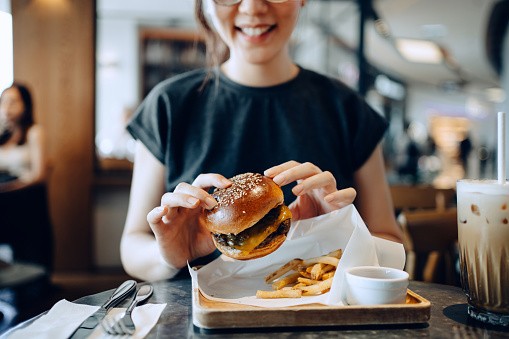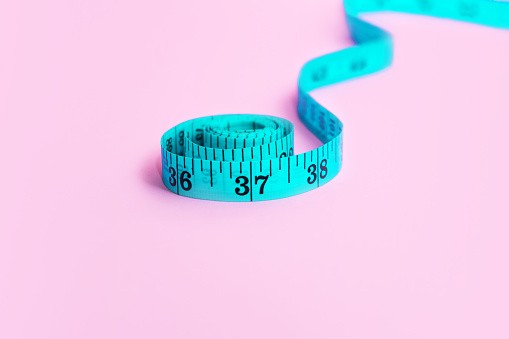Calorie tracking apps are almost as ubiquitous today as smartphones. For people who want to lose weight, these apps (whether free or paid) are almost always being marketed as "effective" weight loss aids by helping them eat right.
But are these calorie-tracking apps even accurate at tracking actual calories? To answer this question, you need to understand what a calorie really is and how an electronic device could be able to measure it in the first place.
Calories 101
First of all, what is a calorie?
According to Popular Science, it's simply a unit of measurement for the energy that humans put into their bodies. It was first measured by the American chemist Wilbur Olin Atwater during the late 19th century, using a rather curious method.
Atwater's method was, quite literally, making food explode.
His main goal was to measure the amount of heat that a chemical reaction produces. To do this, he put food inside a device called a bomb calorimeter, which also contained a very specific amount of water.
To blow the food up, he ran an electric current through it. The resulting chemical reaction would then heat the surrounding water. The more calories the food has, the hotter the water would get.
That's because a calorie is scientifically defined as a unit of energy you need to heat one millimeter of water by 33 degrees F.
Rounding up his experiment, he also collected the feces and urine of participants who just ate and also blew those up. Atwater then calculated the energy difference between what the people ate and what they excreted.
His conclusions were as follows: 1 gram of fat has 9 calories, and a gram each of carbs and protein contains 4 calories. This is quite literally the system still in use today, though blowing food up is obviously not being used anymore. That's where calorie-tracking apps come in.

Read also : Want To Lose Weight For Summer? Here Are 10 Best Calorie Counter Apps And Food Diary Apps
How Do Calorie Tracking Apps Work?
According to Wearable, calorie-tracking apps differ from manufacturer to manufacturer, especially in the case of fitness bands like those from Fitbit or Apple. Each company uses its own algorithms to track the number of calories people take in or burn, and they don't reveal these because they technically trade secrets.
Fitbit did, however, share a few details on how the calorie counting feature works on their fitness bands.
For one, they take users' personal data, including age, gender, weight, and height, which is used to estimate the person's basal metabolic rate (BMR). Fitbit says that BMR accounts for half of the calories that people burn in a day.

This could include anything between how many calories are burned at rest, which is why users will often see they've already burned calories without even doing any exercise.
Tracking Challenges
Psychology Today explains that unless a person's food intake and exercise output is accurately measured in a laboratory setting, every single calorie presented on calorie-tracking apps isn't reliable.
Food intake, in particular, is often subjective in terms of counting calories. For one, nuts might be rich in fats, and thus entering them into calorie-tracking apps would screw up any person's diet plan. But in truth, not every single calorie in those fats is even available for the person to consume, as Atwater's experiment states.
Lastly, not all human bodies are made equal. This is a given. Any person's calorie intake and outtake will be far different from another, even if they seem to have the same physical attributes.
In other words, Fitbit, Apple, and other makers of calorie counting tech are basically performing guesswork. It's technically educated guesswork, but guesswork nonetheless.
The Future Of Calorie Tracking Apps
With what has been discussed, it seems like calorie counting for fitness purposes doesn't make sense, right?
As with everything, that's not all the sides of the argument. Furthermore, there's a chance that calorie-tracking apps will improve in the future.
For one, a team of scientists from Tufts University in Massachusetts has developed calorie counting tech that is voice-controlled, which they say can benefit those who especially struggle to lose weight.
Another example is Calorie Mama, a nutrition app that uses AI and photo recognition to track people's food intake.
Calorie tracking apps are not as reliable as one may want, but they're technologies. And tech always improves over time.
Related Article : The Most Common Sources of Hidden Calories
This article is owned by Tech Times
Written by RJ Pierce
ⓒ 2025 TECHTIMES.com All rights reserved. Do not reproduce without permission.




